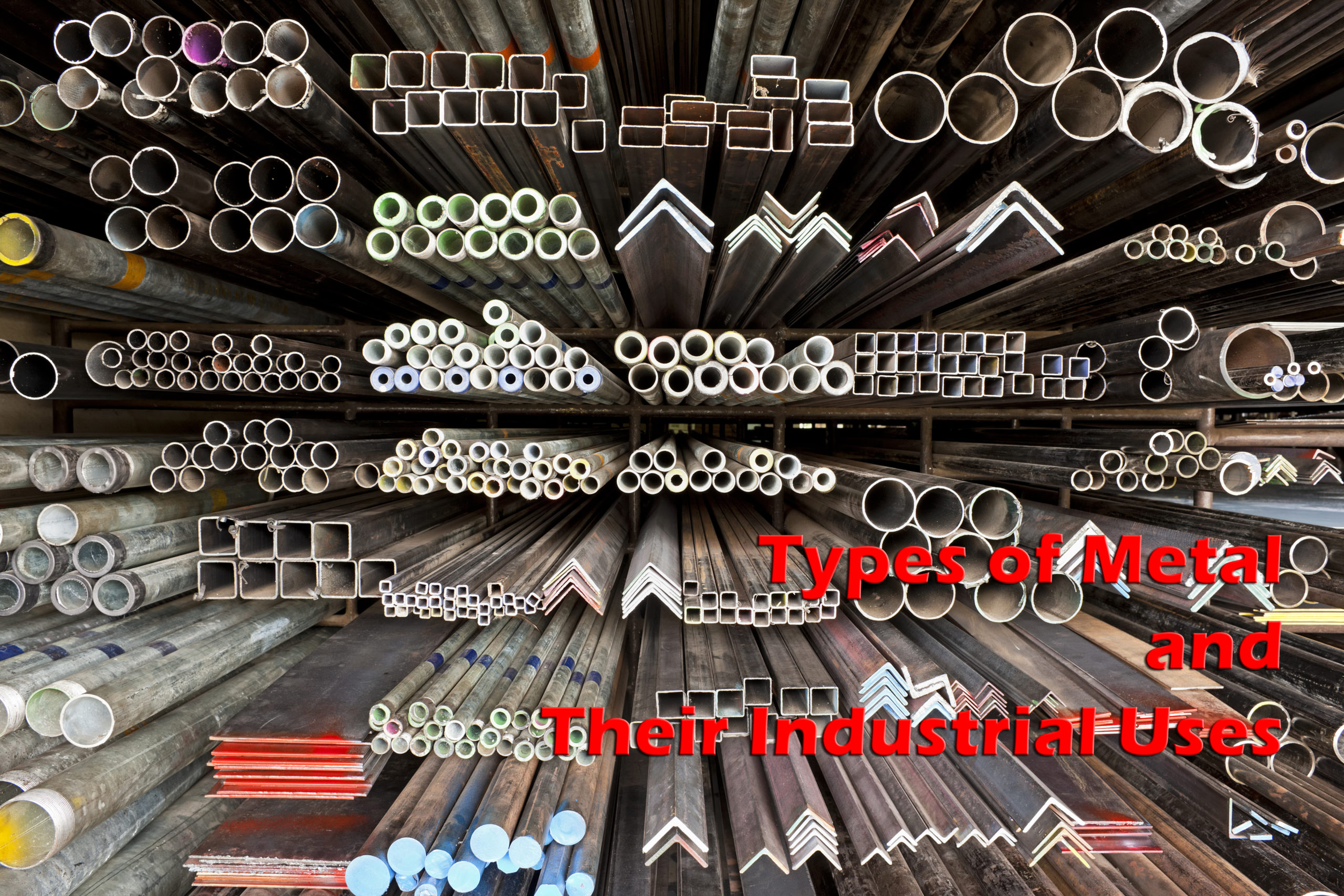4 Key Metal Types and Their Industrial Uses

When it comes to welding, knowing your metals is essential. In this blog post, you can learn everything you need to know about 4 key metal types and their industrial uses.
Steel
First up on our list is steel, the most common metal in the world. With global crude steel production reaching 1,864 million tonnes in 2020, it’s undoubtedly crucial for various industries.
Steel can be divided into subcategories, depending on its chemical composition. Some of the different types include:
- Carbon Steel (Basic iron and carbon composition, used as a structural building material and in simple mechanical components and tools).
- Alloy Steel (Created by adding other elements to adjust its strength or appearance, such as vanadium, chromium, nickel, or manganese. It is often used to create flanges or long products in the construction industry).
- Stainless Steel (Similar to Alloy Steel, Stainless Steel focuses on corrosion resistance. Created with chromium which slows the rusting process, this stainless steel is commonly used to manufacture kitchens or household appliances).
Iron
90% of all metal refined today is iron, primarily used to create steel. Smelting this abundant raw material enables the creation of superalloys, stainless steel, and other super-strong formats used across various essential industries.
Aside from its use in steel manufacturing, iron also comes in two forms:
- Wrought Iron (Iron alloy with a very low carbon content, used for pipe making due to superior welding qualities. Also used for creating bars for stay bolts, engine bolts, and rivets).
- Cast Iron (Alloy of Iron with 2-4% carbon content, used to make a variety of machines, anchors, and kitchenware for the home).
Aluminum
First isolated in 1825, aluminum is the most contemporary metal on our list. While lightweight and low in density, this material does some heavy lifting when it comes to industrial accomplishments.
Some of its essential uses include:
- Automotive manufacturing (used to create a wide variety of car parts)
- Aerospace manufacturing (relied on for low-weight, recyclable plane components)
- Military equipment (including bombs and shells)
- Food manufacturing (in both equipment and packaging such as beverage cans)
Bronze
Bronze is a metal alloy composed of copper and tin (often with other elements added in). The first signs of bronze usage stem back to 3500 BC by the ancient Sumerians of Western Asia, yet it remains valuable to this day.
Thanks to its resistance to corrosion, some of its key uses include:
- Manufacturing of coins
- Hardware mounts and furniture trims
- Hardware in the nautical industry
- Automotive industry
So, that’s everything you need to know about 4 key metal types and their industrial uses. Are you looking for a suitable metal for your welding project? Need high-quality welding products you can count on? Visit Muggy Weld today and shop our wide range of welding materials.